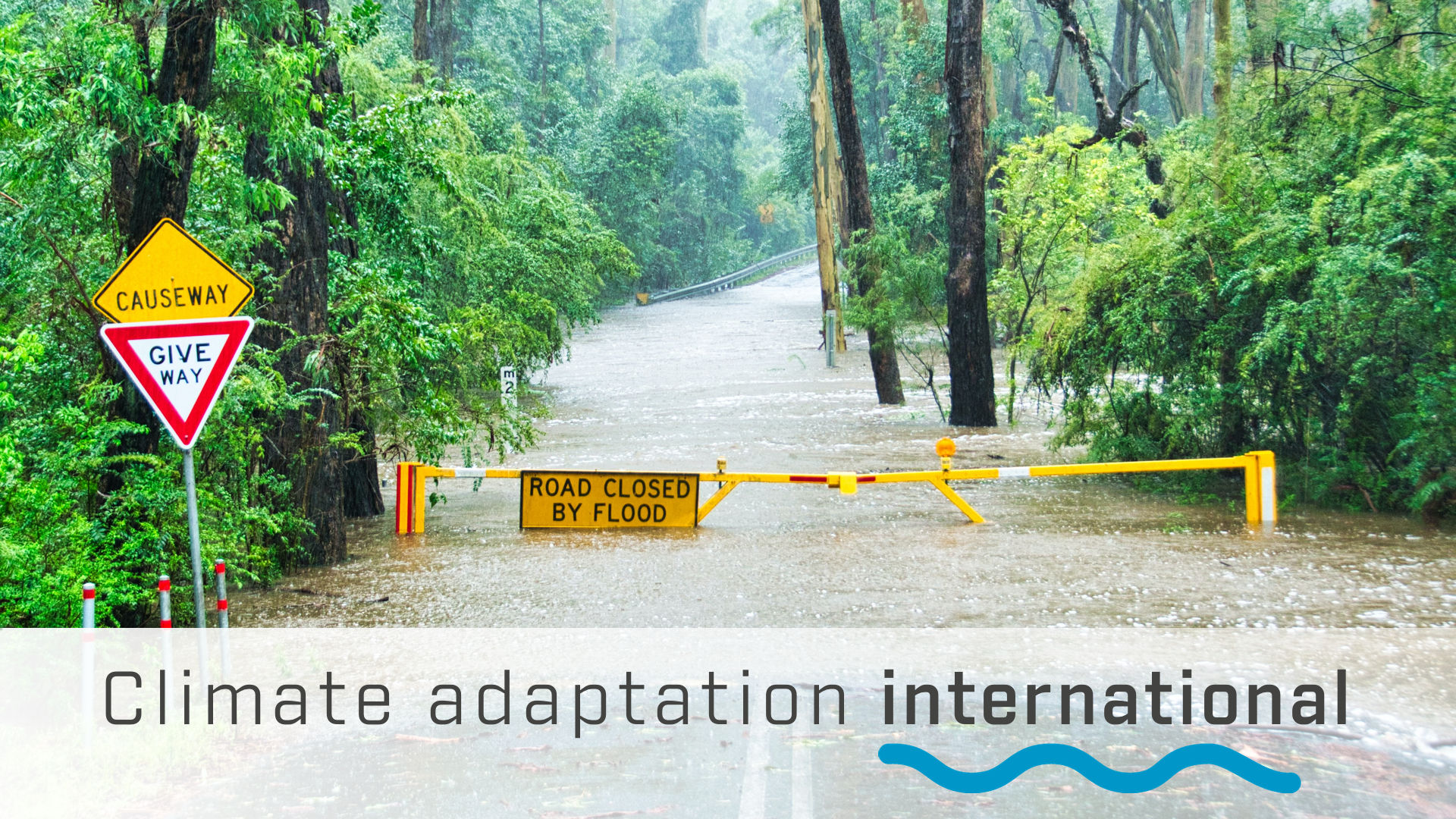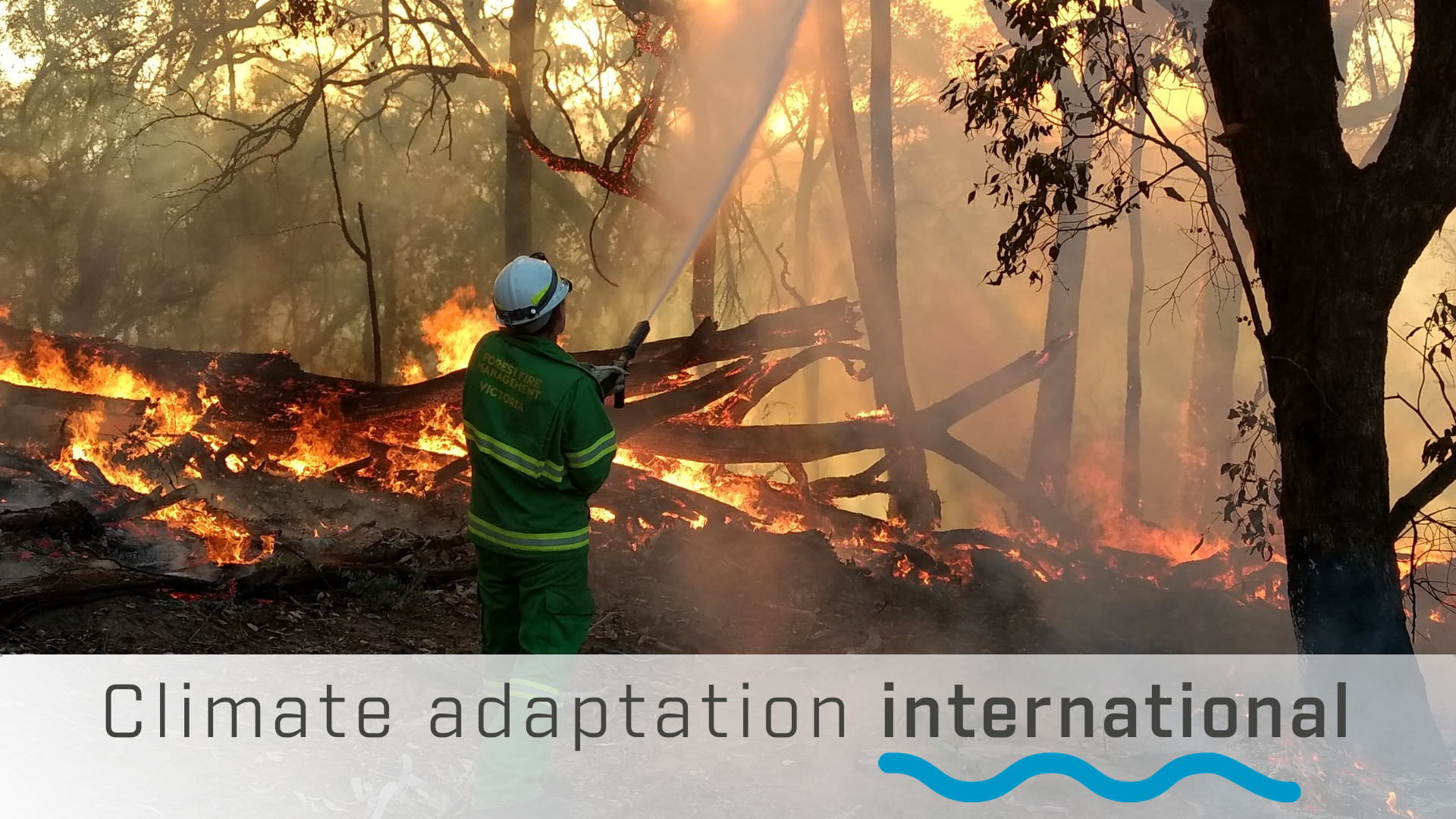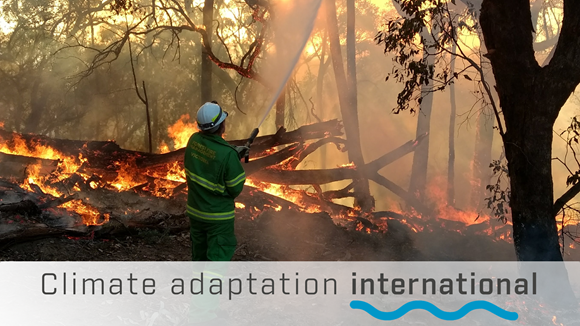Introduction
Traditional decision making often relies on intuition, experience and theory. Data can play an important role in strategic decision-making. Data-driven decision-making focuses more on facts, statistics and data as a guideline. Data-driven models can provide insight into various consequences of decisions. Data can also help to visualize the uncertainties in the expected results.
During this webinar we will share two great examples on how to use data to make the water system more robust and fit for the future.
Note: this webinar will be held in english and become available with dutch subtitles within a week.
1. Post fire hydro-geomorphic risk in the state of Victoria, Australia
Charlie Showers is a geologist working in the area of post fire hydro-geomorphic risk in the state of Victoria, Australia. Victoria is prone to extreme post fire hydro-geomorphic processes such as flash floods, debris flows (high magnitude events similar to landslides or mudflows) and degraded water quality. These post fire (wildfire and planned burn) processes pose a real and growing threat to lives, communities, assets and the environment.
Charlie leads a project that funds research, by the University of Melbourne, to better understand and model these processes which will enable multiple levels of the Victorian government to understand, respond and mitigate against extreme post fire hydro-geomorphic risk with the primary purpose of protecting community safety and wellbeing, key infrastructure and environmental assets.
2. Data-driven decision-making for robust drinking water distribution in the Netherlands
Caspar Geelen is a driven researcher and data scientist working to better water distribution systems in the Netherlands. Data collected from various sources, such as real-time pressure and flow sensors, can be used to obtain insight in the buried water pipe networks. Using data science and real-time algorithms, these sources can be used to forecast water demand, detect leakages, issue early warnings, help determine optimal locations for further sensor placement, and offer decision support for a more robust water distribution system. With ageing infrastructure and ever drier summers, a robust water supply is of increasing importance to ensure continual and reliable drinking water for everyone. Caspar develops the algorithms we need to obtain insight in this underground network, and aids researchers at Wetsus with their data-related challenges for more sustainable water technology.











